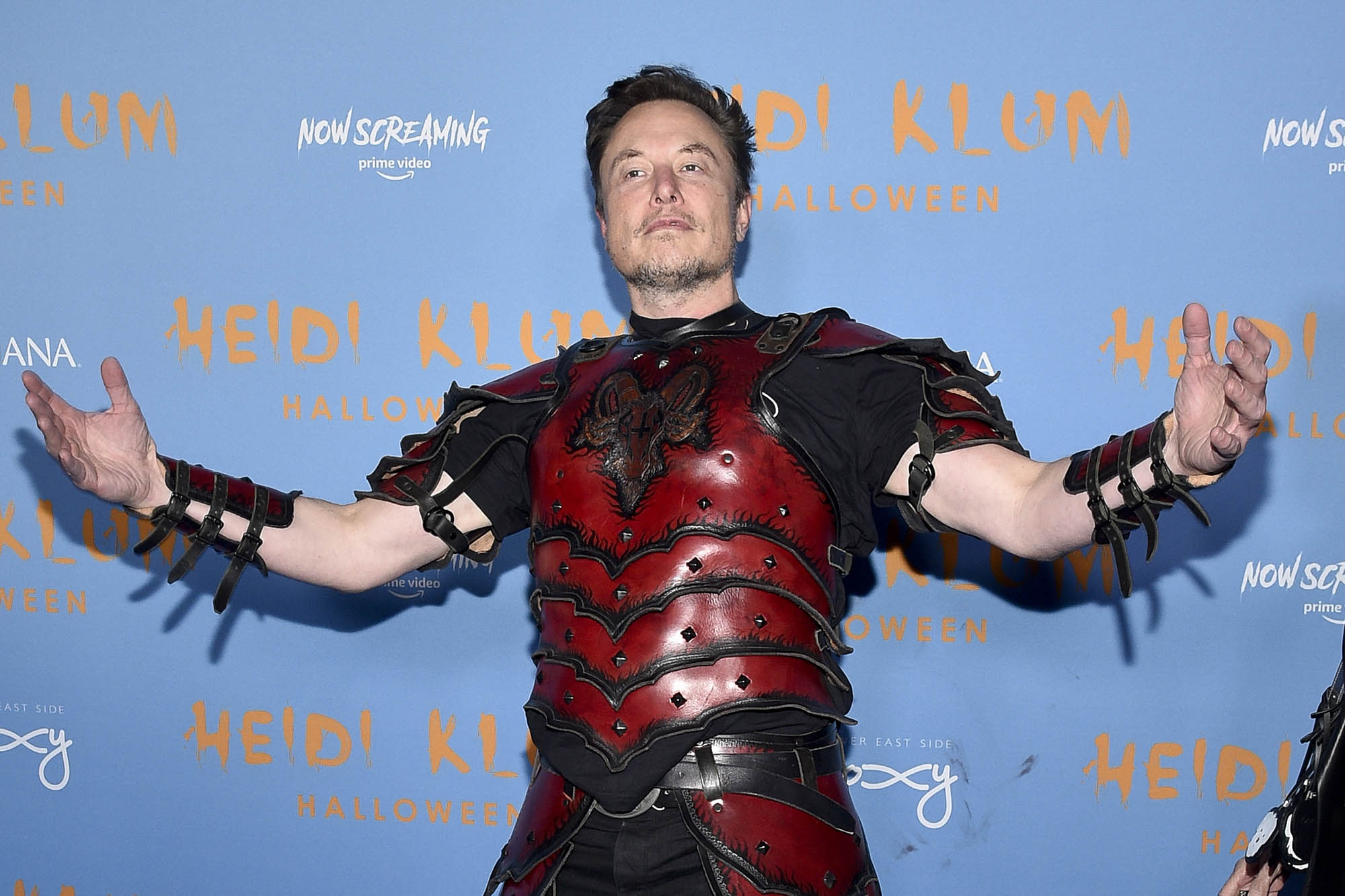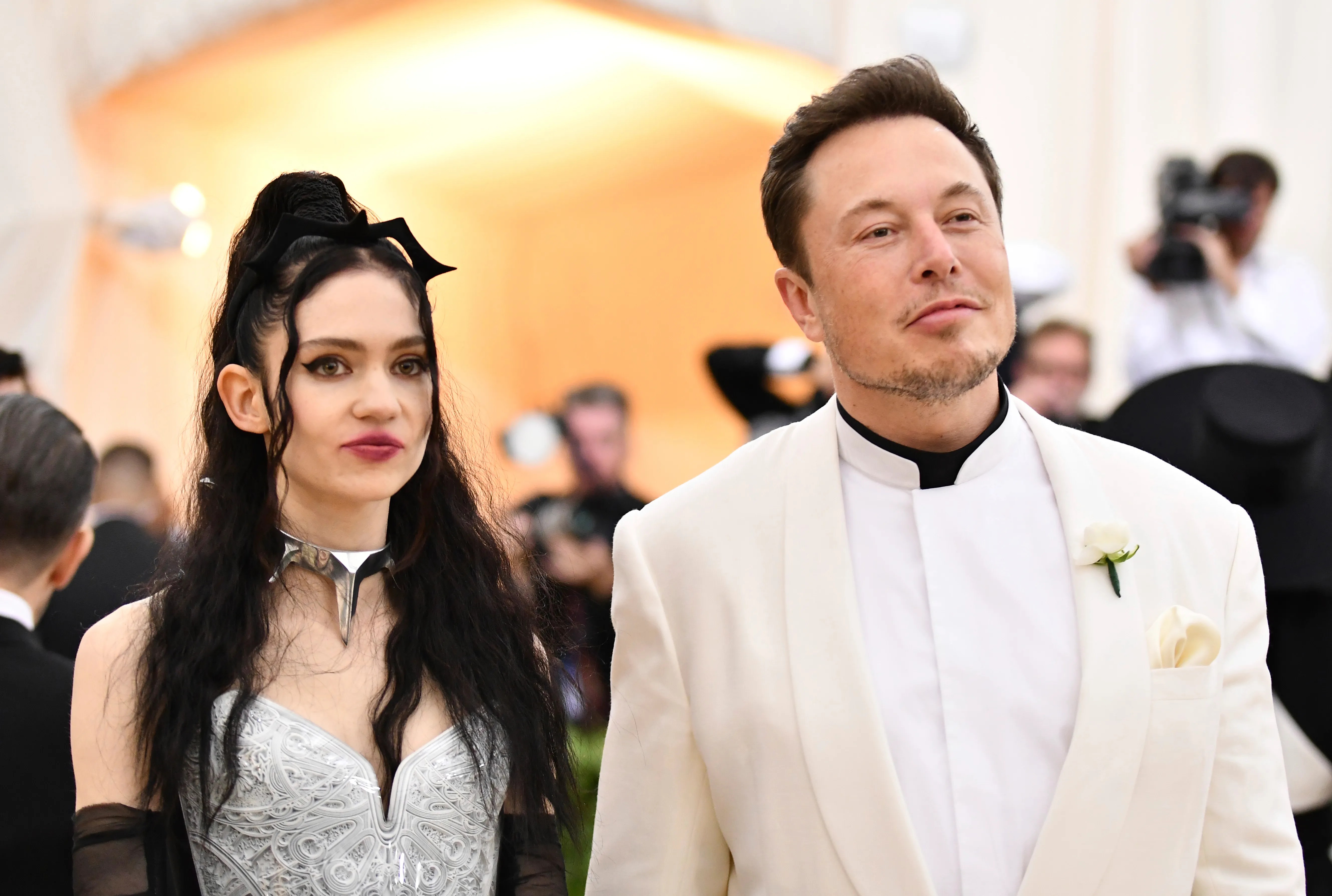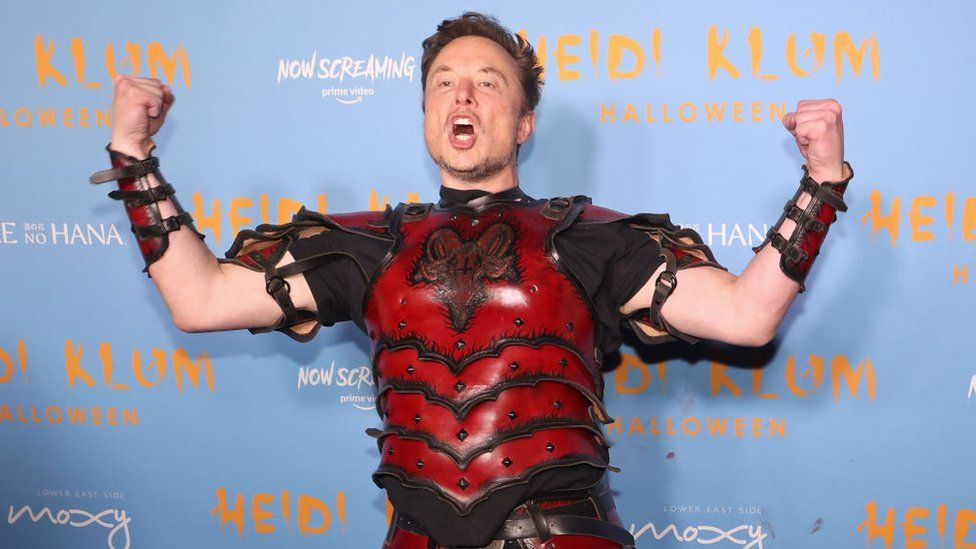Is Elon Musk The Antichrist? A Deep Dive Into The Controversy
Elon Musk has become one of the most polarizing figures of our time, captivating audiences with his ambitious visions for the future while simultaneously inciting skepticism and concern. As the CEO of SpaceX and Tesla, Musk has revolutionized multiple industries, but his actions and statements have often led to controversy. Some critics have even gone so far as to label him the "Antichrist," a title that carries significant weight in religious and cultural discussions. This article aims to dissect the meaning and implications behind this provocative claim, exploring Musk's public persona, the reasons behind the label, and the broader cultural context.
In a world increasingly driven by technology and innovation, the line between visionary and villain can often blur. Musk's endeavors, such as colonizing Mars and developing artificial intelligence, raise questions not only about the future of humanity but also about the ethical dimensions of his projects. Could his relentless pursuit of progress and profit render him a modern-day Antichrist in the eyes of some? Or is the label simply a sensationalized response to his controversial public image? This article will explore these questions and more.
As we delve deeper into this topic, it’s essential to consider the influence of social media and the sensationalist nature of contemporary discourse. The term "Antichrist" is steeped in religious connotations, often used to describe a figure that embodies evil or opposes the principles of good. How does this notion apply to Musk, a man often celebrated for his innovative contributions? Join us as we unravel the complexities of this narrative surrounding Elon Musk and the implications of labeling him the "Antichrist."
What is Elon Musk's Biography?
Elon Musk was born on June 28, 1971, in Pretoria, South Africa. He showed an early interest in technology and entrepreneurship, teaching himself computer programming at a young age. After moving to the United States, he attended the University of Pennsylvania, where he earned degrees in both physics and economics. Musk is best known for founding SpaceX, Tesla, Inc., Neuralink, and The Boring Company. His work has significantly influenced the automotive and aerospace industries.
| Detail | Information |
|---|---|
| Name | Elon Musk |
| Date of Birth | June 28, 1971 |
| Place of Birth | Pretoria, South Africa |
| Education | University of Pennsylvania (Physics and Economics) |
| Major Companies | SpaceX, Tesla, Neuralink, The Boring Company |
Why Do Some People Call Elon Musk the Antichrist?
The label of "Antichrist" is often used in a metaphorical sense to describe influential figures who challenge the status quo or diverge from traditional values. Critics argue that Musk's ambitious projects, such as artificial intelligence and space colonization, could pose existential threats to humanity. Some believe that his focus on technology over ethics exemplifies a dangerous mindset, leading them to equate him with the Antichrist.
How Does Musk's Vision for the Future Contribute to This Label?
Musk's vision for the future includes colonizing Mars, integrating AI into daily life, and pushing for sustainable energy solutions. While many view these goals as beneficial, others see them as reckless and indicative of a god-like complex. The fear is that in his quest for progress, Musk may inadvertently become a harbinger of chaos and destruction. His followers see him as a visionary, while detractors see an ego-driven figure who could lead society astray.
What Role Does Media Play in Perpetuating This Narrative?
The media plays a significant role in shaping public perception. Sensational headlines often draw attention and provoke emotional reactions, which can lead to extreme labels like "Antichrist." Social media platforms amplify these narratives, allowing misinformation to spread rapidly. The dichotomy of support and criticism surrounding Musk fuels this discourse, making it easier for individuals to adopt polarized views. This begs the question: are labels like "Antichrist" more reflective of media sensationalism than of Musk's true character?
Are There Parallels Between Musk and Historical Figures Labeled as Antichrists?
Throughout history, various figures have been labeled as Antichrists, often due to their revolutionary ideas or actions that challenged conventional norms. Similarities can be drawn between Musk and these figures in terms of their visionary pursuits and the backlash they received. For instance, just as some viewed figures like Galileo or Darwin as threats to established beliefs, Musk's groundbreaking work has faced skepticism and resistance. However, it is crucial to distinguish between genuine concerns and unfounded fears.
What Do Experts Say About the "Elon Musk Antichrist" Debate?
Experts in psychology and sociology often caution against labeling influential figures with extreme terms like "Antichrist." Such labels can overshadow valid critiques and lead to a cult of personality. While it’s vital to hold influential individuals accountable, it’s equally important to engage in constructive dialogue rather than resorting to hyperbolic language. Experts suggest focusing on the ethical implications of Musk's actions rather than labeling him outright.
Is There a Need for Ethical Considerations in Musk's Innovations?
As technology advances at an unprecedented rate, ethical considerations become increasingly critical. Musk's companies are tasked with navigating complex ethical landscapes, especially concerning artificial intelligence and environmental impact. The fear that Musk could be an Antichrist figure stems from concerns that he may prioritize innovation over ethical responsibility. Addressing these concerns through open dialogue can help mitigate fears and foster a more responsible approach to technological advancement.
Conclusion: Is Elon Musk Truly the Antichrist?
The debate surrounding Elon Musk as the "Antichrist" is emblematic of broader societal tensions regarding technology, ethics, and leadership. While some people may find it easy to label him as such, it's crucial to look beyond sensationalist narratives and consider the complexities of his character and actions. By fostering open discussions about the implications of his work, society can better navigate the challenges posed by influential figures like Musk. Ultimately, whether one views him as an innovator or a potential harbinger of doom will depend on individual perspectives and values.



ncG1vNJzZmivp6x7s7HBnqOrmZ6YtbjFzmeaqKVfnru0tcahq6xpY2SyrbvNZqSuq5tirq%2FAyJyfq6GjqXupwMyl